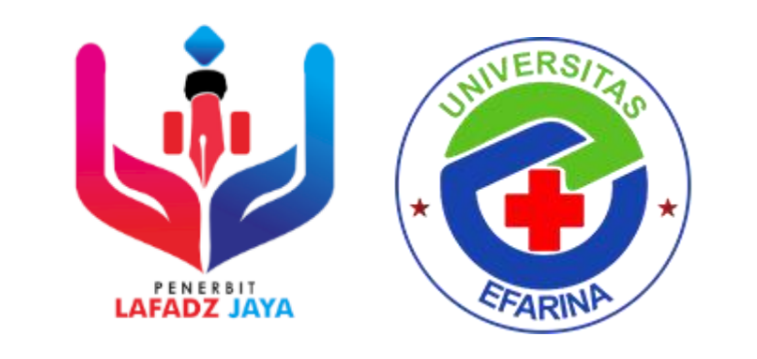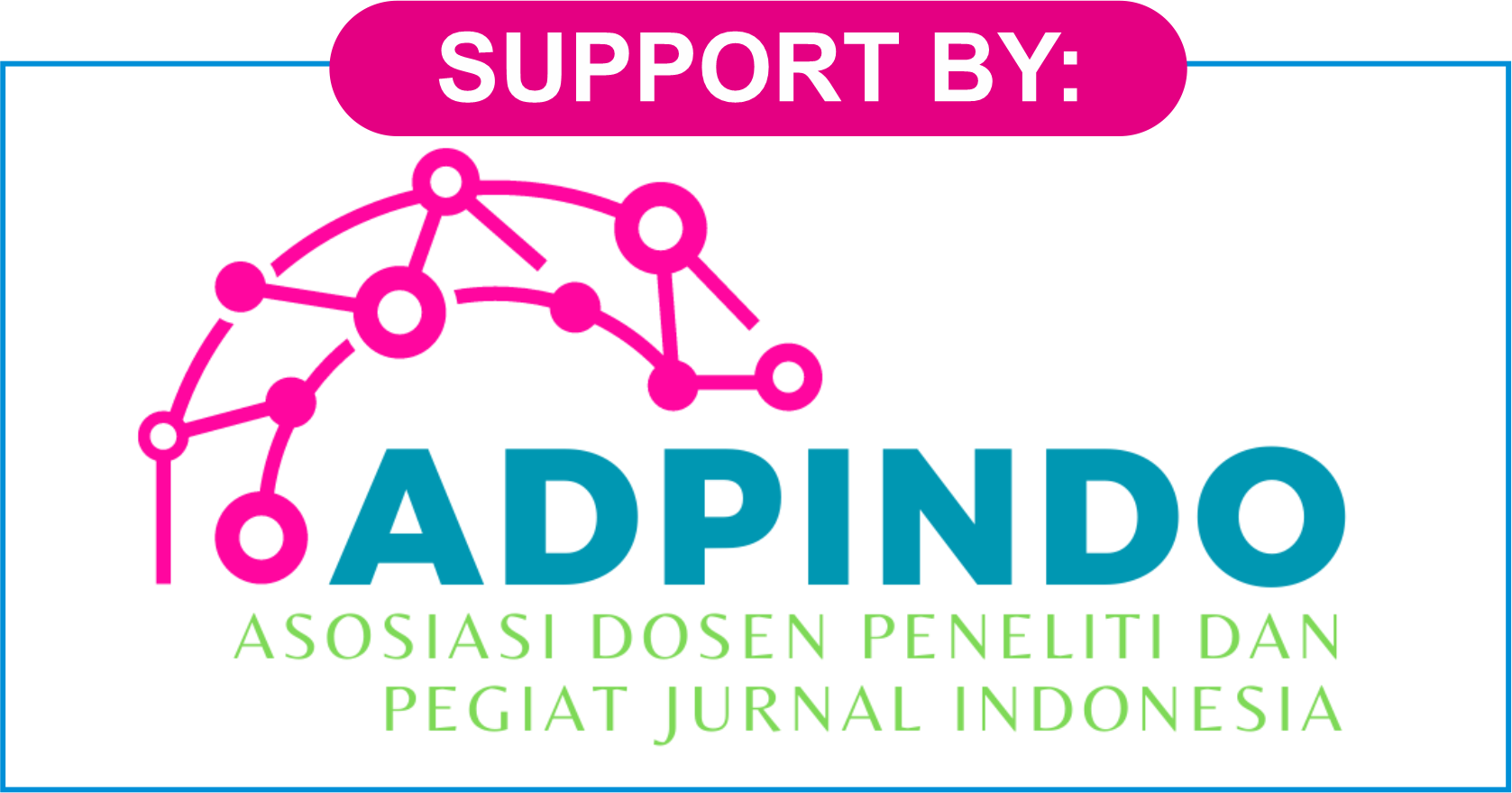Retraction Policy
At Jurnal Ilmu Psikologi dan Kesehatan (SIKONTAN), we are committed to maintaining the highest standards of research integrity and the trust of our readers and authors. We believe that the retraction of published articles is an important process in upholding the quality and credibility of scientific literature. The following outlines our retraction policy.
1. Criteria for Retraction
Articles published in SIKONTAN may be retracted if any of the following issues are identified:
-
Scientific misconduct: This includes but is not limited to data fabrication, falsification, or plagiarism.
-
Errors that affect the conclusions: If a significant error is discovered in the research methodology, data analysis, or interpretation that impacts the paper's findings and conclusions.
-
Duplicate publication: If an article has been published in more than one journal without proper citation or permission.
-
Authorship disputes: In cases where a dispute arises regarding authorship and the conflict cannot be resolved through mutual agreement.
-
Violation of ethical standards: Any article that violates ethical guidelines or contains unethical practices, such as improper handling of human or animal subjects, will be retracted.
2. Procedure for Retraction
When a retraction is considered necessary, the following steps will be taken:
-
Initial Investigation: Upon being notified of a potential issue, SIKONTAN's editorial team will conduct a thorough investigation into the matter. This will involve communication with the authors, reviewers, and any other relevant parties to assess the situation.
-
Decision: If the investigation concludes that a retraction is justified, the article will be retracted in a timely and transparent manner. A retraction notice will be published in the journal, providing an explanation of the reasons for the retraction.
-
Notification: The corresponding author will be notified of the retraction decision and the reasons behind it. Authors are also encouraged to communicate the retraction to the relevant parties, such as their academic institution or any related stakeholders.
3. Retraction Notice
The retracted article will remain in the journal's archives with a clear retraction notice. The notice will include:
-
A statement that the article has been retracted.
-
The reasons for the retraction.
-
A reference to the original article and the retraction notice.
4. Post-Retraction
-
Integrity of Record: After a retraction, the original record will remain visible, but will be marked as retracted, to maintain transparency in the academic record.
-
Impact on Future Submissions: Authors involved in retracted articles may be subject to increased scrutiny for future submissions to SIKONTAN.
5. Appeals
If authors disagree with the retraction decision, they may submit an appeal to the editorial board. Appeals will be reviewed by an independent panel of experts, and the final decision will be communicated to the authors in a timely manner.
6. Confidentiality and Respect
Throughout the process, all parties involved in a retraction (authors, reviewers, editors) are expected to maintain confidentiality and handle the situation with professionalism and respect.






